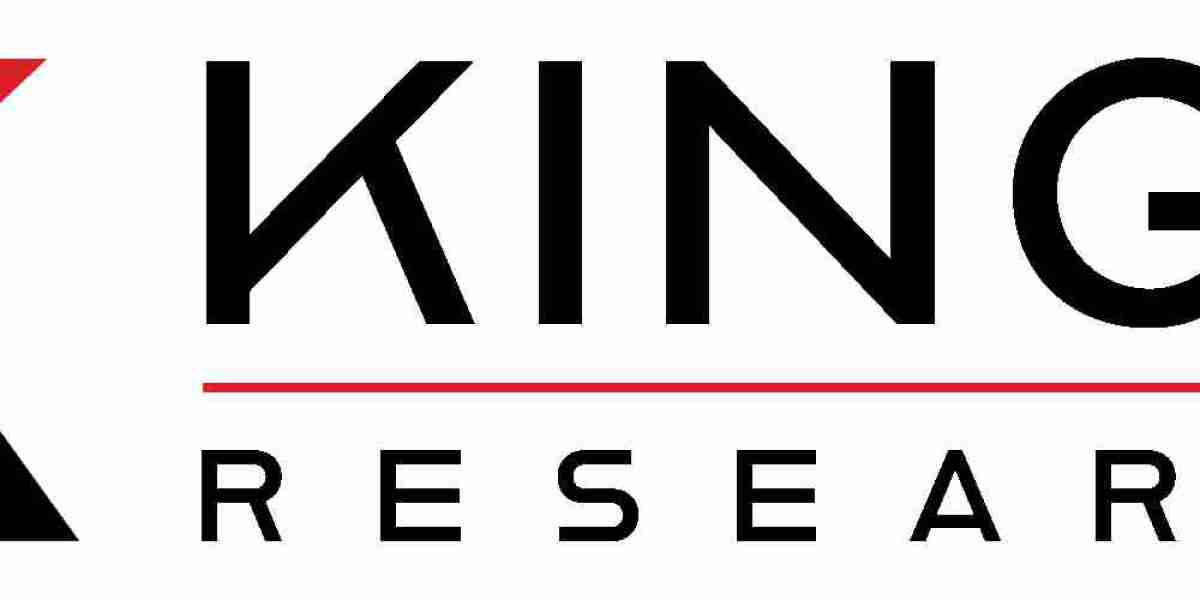The Automotive Lubricants Market plays a crucial role in ensuring the smooth and efficient operation of vehicles, contributing significantly to the longevity, performance, and fuel efficiency of engines and mechanical components. Automotive lubricants encompass a wide range of products, including engine oils, transmission fluids, gear oils, and greases, each formulated to perform specific functions and protect vital parts within vehicles.
Automotive Lubricants Market Size was prized at USD 142.1 billion in 2022. The automotive lubricants industry is projected to grow from USD 165.2 Billion in 2023 to USD 407.9 billion by 2032, exhibiting a compound annual growth rate (CAGR) of 16.26% during the forecast period (2023 - 2032).
One of the primary functions of automotive lubricants is to reduce friction between moving parts in an engine and other mechanical systems. Friction generates heat, and excessive heat can lead to wear and tear, reduced efficiency, and even engine failure. High-quality Transformer Oils, often formulated with additives, create a protective barrier between metal surfaces, minimizing friction and heat generation. This not only extends the lifespan of engine components but also contributes to fuel efficiency by reducing energy losses due to friction.
Furthermore, automotive lubricants help to maintain proper engine cleanliness and prevent the accumulation of deposits and sludge. As engines operate, by-products of combustion and impurities can accumulate on internal components. Engine oils with detergent and dispersant additives prevent these particles from settling and forming harmful deposits. This results in cleaner engines, optimal performance, and reduced emissions.
The diversity of vehicles on the road, from passenger cars to heavy-duty trucks and specialized machinery, demands a range of lubricant packaging tailored to different engine types and usage patterns. For example, synthetic lubricants are preferred for high-performance vehicles due to their exceptional thermal stability and resistance to breakdown under extreme conditions. On the other hand, conventional mineral-based oils remain cost-effective choices for many everyday vehicles.
The automotive lubricants market is closely tied to technological advancements in the automotive industry. As engines become more sophisticated and efficient, lubricants must keep pace with changing requirements. This has led to the development of specialized lubricants, such as low-viscosity oils optimized for modern engines with tighter tolerances. Additionally, the growth of electric and hybrid vehicles has introduced new lubrication challenges, as these vehicles have unique drivetrains and components that require specialized lubrication solutions.
Environmental concerns and regulations have also influenced the automotive lubricants market. Stricter emission standards and a focus on sustainability have prompted the development of eco-friendly lubricants with lower levels of harmful additives. These lubricants not only contribute to reduced emissions but also align with consumer preferences for environmentally conscious products.
The aftermarket segment is a significant driver of the automotive lubricants market. Regular maintenance and oil changes are essential for vehicle performance and longevity. As consumers recognize the importance of proper maintenance, the demand for high-quality lubricants to protect their investments remains strong.
Key Players:
Several prominent players dominate the automotive lubricants companies include.
- ROCOL (UK)
- American Synthol, Inc. (US)
- Gulf Oil (India)
- LIQUI MOLY GmbH (Germany)
- Ashland Inc. (US)
- Total (France)
- PT Pertamina (Persero) (Indonesia)
- Royal Dutch Shell PLC (Netherlands)
- IDEMITSU Kosan Co., Ltd. (Japan)
- LUKOIL (Russia)
- BP PLC (UK)
- ConocoPhillips Corporation (US)
- Fuchs (US)
- Chevron Corporation (US)
- ExxonMobil Corporation (US)
In conclusion, the automotive lubricants market plays an essential role in maintaining the health and performance of vehicles across various segments. From reducing friction and heat to preventing engine deposits and enhancing fuel efficiency, lubricants are critical components in the overall operation and maintenance of vehicles. As automotive technology continues to evolve and environmental concerns grow, the market is expected to see further innovation in lubricant formulations to meet the changing needs of the industry and consumers.
Browse Related Reports:
Insulation Market Size, Share & Trends | Industry Report 2032
Insulation Products Market Size, Share & Forecast | Report 2032
Advanced Glass Market Size, Share & Industry Report, 2032
About Market Research Future:
At Market Research Future (MRFR), we enable our customers to unravel the complexity of various industries through our Cooked Research Report (CRR), Half-Cooked Research Reports (HCRR), & Consulting Services. MRFR team have supreme objective to provide the optimum quality market research and intelligence services to our clients.
Contact us:
Market Research Future (part of Wantstats Research and Media Private Limited),
99 Hudson Street, 5Th Floor,
New York, New York 10013
United States of America
+1 628 258 0071
Email: sales@marketresearchfuture.com
Website: https://www.marketresearchfuture.com








